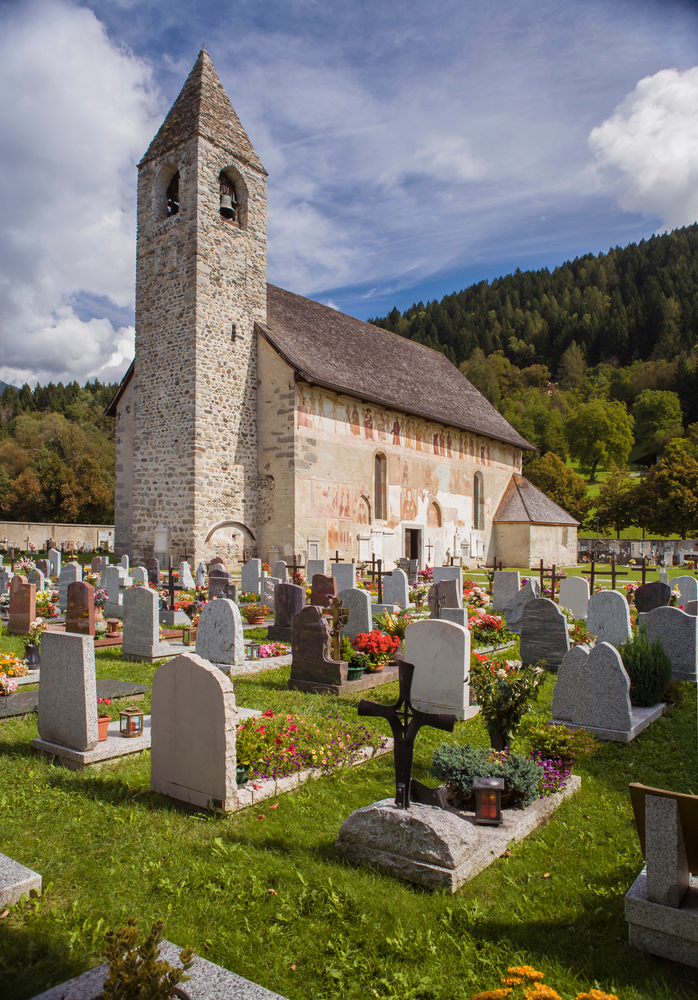Life Stages: Death
Fact of Life
Italians view death as an inevitable part of life. The culture fears incapacity and dependency more than death. Hence, they take a pragmatic point of view and consider death to be a physical process that requires planning and management. Children are exposed to death from an early age by being allowed to participate in funerals and learning that it is a "fact of life."
Cultural Traditions
Italian funerals are solemn and dignified affairs. The body of the deceased is first placed inside a coffin and kept at a local church to allow mourners to pay their last respects. The funeral service includes a lot of prayers, and relatives usually burn candles in memory of the deceased. The dead body is then buried in a grave or tomb. If circumstances require the body to be cremated, the ashes are buried or entombed. Death anniversaries are remembered with a special Mass and prayers. Relatives are expected to show respect to the dead by being present at the funerals.
Roman Catholic religious traditions mean that most Italians hold to the belief in heaven and hell. They believe that after death, good Christians will be rewarded by being allowed entrance into heaven while the bad face eternal punishment in hell. Italians also believe in purgatory, a place where sins are purged before the soul can enter heaven.
Copyright © 1993—2025 World Trade Press. All rights reserved.

 Italy
Italy 
